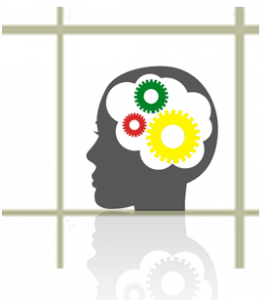 Adult assessments involve working with the individual to ascertain their learning strengths and weaknesses. Prior to the assessment, the adult will be requested to complete a form which provides background information in order to appreciate the context of the individual’s learning history. This is broad, including details of health, educational history and significant life experiences.
Adult assessments involve working with the individual to ascertain their learning strengths and weaknesses. Prior to the assessment, the adult will be requested to complete a form which provides background information in order to appreciate the context of the individual’s learning history. This is broad, including details of health, educational history and significant life experiences.
The assessment will lead to a full report highlighting demonstrated strengths and weaknesses and recommendations as to how to move forward to support learning and development. The report may be used to support an application to the DSA (Disability Student’s Allowance) see http://www.direct.gov.uk/en/DisabledPeople/EducationAndTraining/HigherEducation/DG_10034898
Specifically, assessment with adults can include and/or focus on:
- Health, including vision and hearing
- Reasoning with language, use of language, phonological awareness
- Perceptual reasoning
- Processing speeds
- Working memory, auditory memory, visual memory
- Levels of attainments in literacy and maths
- Eligibility for specific access arrangements for public, such as extra time, spell checker etc according to the regulations of the particular examinations’ body for the public examinations.
- Sensory Processing
- Attention and other learning behaviours
- Social behaviour
- Curiosity levels, the student’s interests
- Emotional awareness: understanding of emotions, different social situations, theory of mind
- Gross and fine motor skills
- The student’s own views about their learning and their life
Considering particular types of profiles is also part of an assessment and this can lead, if viewed as helpful to specific diagnoses such as Dyslexia, Dyscalculia, Non Verbal Learning Disorder, Dyspraxia, ADHD, Asperger’s Syndrome, Sensory Processing Disorder. [1][2]
Living in the digital age, an important part of the assessment is understanding how the student currently uses technology and considering how technology can support their learning process. In particular is how technology can support the learning strengths, and help develop or over ride the weaknesses. At the same time, there is also the ‘management’ and ‘good IT habits’ to focus upon, particularly important with regards to social networking, connectivity with e-mail, texting etc.
[1] If there is a significant likelihood of a diagnosis of dyspraxia or sensory processing disorder, a referral to the Occupational Therapist is appropriate
[2] A multi-disciplinary assessment will be recommended if there is a high probability of ADHD or Asperger’s Syndrome, which will usually include a Speech and Language Therapist, a Clinical Psychologist and an Occupational Therapist
